Bishop Innocent, founder of American Orthodoxy by Procius Yasuo Ushimaru
Metropolitan Council Publications Committee, Bridgeport, Conn. 1964
If Fr. Herman of Alaska was to America what the Apostles Andrew the First called, Peter, and John the Theologian were to Christendom as a whole, then Metropolitan Innocent of Moscow could rightly be called the St. Paul of America. His work on this continent is as good a model as any of the true missionary spirit. His significance continues to be immense even to this day; but despite the fact that one can not imagine the history of Orthodoxy in America without him, up to now there has actually been no literature on him in English. Thanks to a young Orthodox Japanese priest, at least a brief biographical account has now been made available, and we highly recommend it to all who know little about this important Church Father of the 19th century who was one of the greatest missionaries of the Russian Orthodox Church.

The main accomplishments of his life may be briefly set forth. Brought up in Irkutsk under the heavenly protection of St. Innocent of that city, he went as a young man in 1624 to Alaska as a missionary, taking with him wife, mother, and children. Settling in Unalaska, he built all by himself a house for his family and a church. He studied the local languages, compiled an Aleutian alphabet and grammar, and himself wrote the first work to appear in the Aleutian language. He translated the Gospel of St. Matthew, the Divine Liturgy, and a short catechism into Aleutian. His geographical, ethngraphic, and social descriptions of the islands are considered very valuable. An able educator, he opened a missionary school with a dormitory for 100 boys and taught not only grammar and Divine Law, but various crafts as well I. He was also a physician to the local populace. When he became a bishop in Sitka, he founded a seminary and personally administered it for the nine years he was there. As an archbishop in Siberia he traveled thousands of miles under extremely difficult conditions in the performance of his pastoral duties. Finally, in 1868 he was elected the successor of the famous Philaret, Metropolitan of Moscow, and in this post reorganized the Orthodox Missionary Society, which operated with conspicuous success until 1917.
It seems, at first sight, a curious fact that the work of education and enlightenment of such a great man should have passed into such apparent oblivion and not been continued by his immediate successors; but the explanation of this is actually quite simple. His work, like all the missionary activity of the Russian Church, was directed to the conversion of the pagan inhabitants of the Russian land, i.e., those who had never known Christ; that was Russia’s sacred mission and the real reason for the growth of the Empire. The people he educated were Aleuts and Indians who, with the sale of Alaska to the United States, were to be engulfed by an entirely different cultural heritage—the 19th-century Anglo-Saxon. The episcopal see was moved in 1872 to San Francisco, and in 1905 to New York, and during this time when the Church found itself in an English-speaking environment there was no missionary undertaking to the least resembling that of Bishop Innocent. By an article inserted at the insistence of Bishop Innocent into the agreement whereby Alaska was sold, all Church property remained in the possession of the Russian Church, and a decision of the Holy Synod provided one per cent of the purchase price yearly ($72,000) as financial support for the Church in America; nonetheless, effective contact with the mother country was broken off and a new chapter was begun in the Orthodox mission to America. Metropolitan Innocent remained a model inspiration and encouragement, but a new problem presented itself to the Orthodox missionary in America: the preaching of an Orthodox Christian message among non-Orthodox Christians. The Orthodox position in this new environment became uncertain. The clergy became rather emigrants than missionaries, and the process of Americanization—i.e, assimilation by the non-Orthodox environment—automatically opposed the spread of Orthodoxy. Attempts were made to use English more widely in Church services, especially while the future Patriarch Tikhon was head of the Orthodox Church in America, but the work required too much time and conditions were not favorable. Then the Resolution in Russia introduced complications into Church life in America from which Orthodoxy has not recovered to this day.
Turning back to the book that names Metropolitan Innocent in its title “the founder of American Orthodoxy,” one can hardly agree with this assertion. He never had the opportunity to plant the seeds of Orthodox Truth in the ground of Anglo-Saxon America, as the foreword would lead one to believe. Father Herman might be taken as the symbolic founder of American Orthodoxy in general, since his example is purely a spiritual one and he lives on in the hearts of praying Christians and in the life of the Church as She chants, “a righteous man lives forever.” Metropolitan Innocent’s labors, on the other hand, were in the practical realm of religious education directed to one small group of Americans; in this sense he might he called the founder of Alaskan or Aleutian Orthodoxy (which, incidentally, has since not enjoyed the attention and love he devoted to it and has in fact been sadly neglected). Orthodoxy in America today has no founder in this practical sense as had, to take another nearby example, Japanese Orthodoxy in the person of the great missionary Nicholas Kassatkin; it rather has taken shape under the influence of historical vicissitudes.
All of these reflections lead up to a single question which many Orthodox in this country, probably, have already asked themselves: what is the purpose and goal of Orthodoxy in America, what is its reason for being? Lacking the direction and example supplied by a literal founder, where is American Orthodoxy to find its inspiration and guide for the future?
To reason in this way is, perhaps, to make the situation more complicated than it actually is. It is true enough that the physical, and even move the psychological, conditions and obstacles facing the Orthodox missionary in America today are quite different from those Bishop Innocent faced a century ago. The Christian life, however, has not changed. In his book, Indication of the Way into the Kingdom of Heaven, written in 1833 and since translated into many languages, Bishop Innocent set forth the haste principles of the Christian life, emphasizing especially the carrying of one’s cross in the daily toil of a life oriented not to oneself but to Christ. This is an aspect of Christianity not often emphasized today, but it is precisely that without which there is no Christianity at all.
Caught between the ever-increasing world anarchy and anti-Christianity that herald the approach of the lawless Antichrist, and the pointless optimism of an ecumenism that only uses Christianity for its own extraneous ends, all who would be faithful to the Lord in these perilous times must return to this unromantic but absolutely central message of Christian living. Bishop Innocent, resourceful as he was, would no doubt have skillfully utilized or devised means appropriate to our time with which to make this message alive for men today; and we who follow him, even with our poor means, have still the same message to preach.
Our inspiration, our guide, our missionary purpose as Orthodox Christians in America.-are nothing but life in Christ. Divine Providence has dispersed Orthodox Christians throughout the world, not by chance, but to be witnesses of Christian Truth and examples of Christian life. In our day when very little organized missionary activity exists as such, every Orthodox Christian becomes a missionary to those among whom he lives. Our very existence in a non-Orthodox land is a missionary witness; we are each of us responsible for carrying on, in some small way, that part of the labors of Bishop Innocent which is not regional but universal, because it concerns personal holiness. May every Orthodox Christian in America reflect well on this!
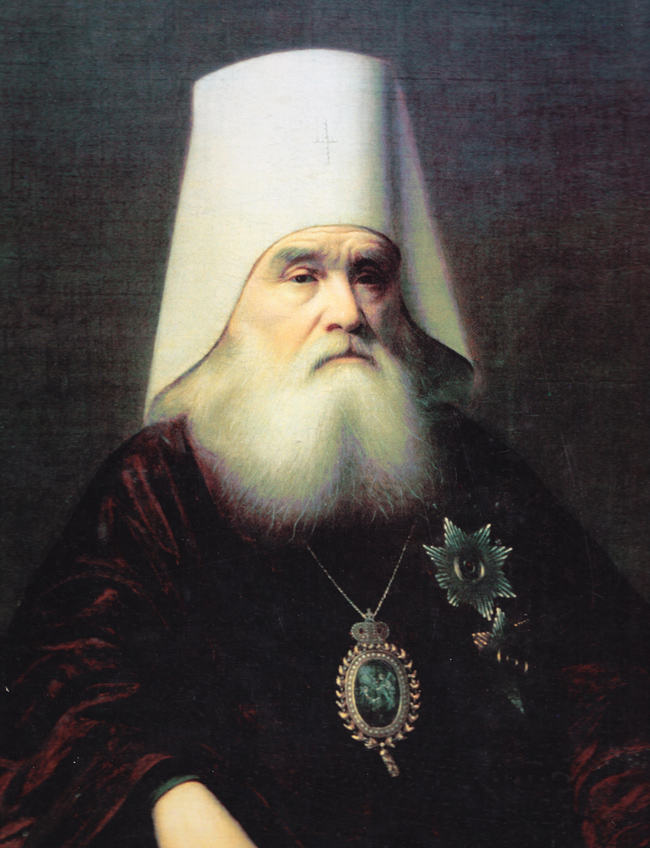
The Orthodox Word, Vol. 1, No. 1, January-February 1965, pp. 37-40
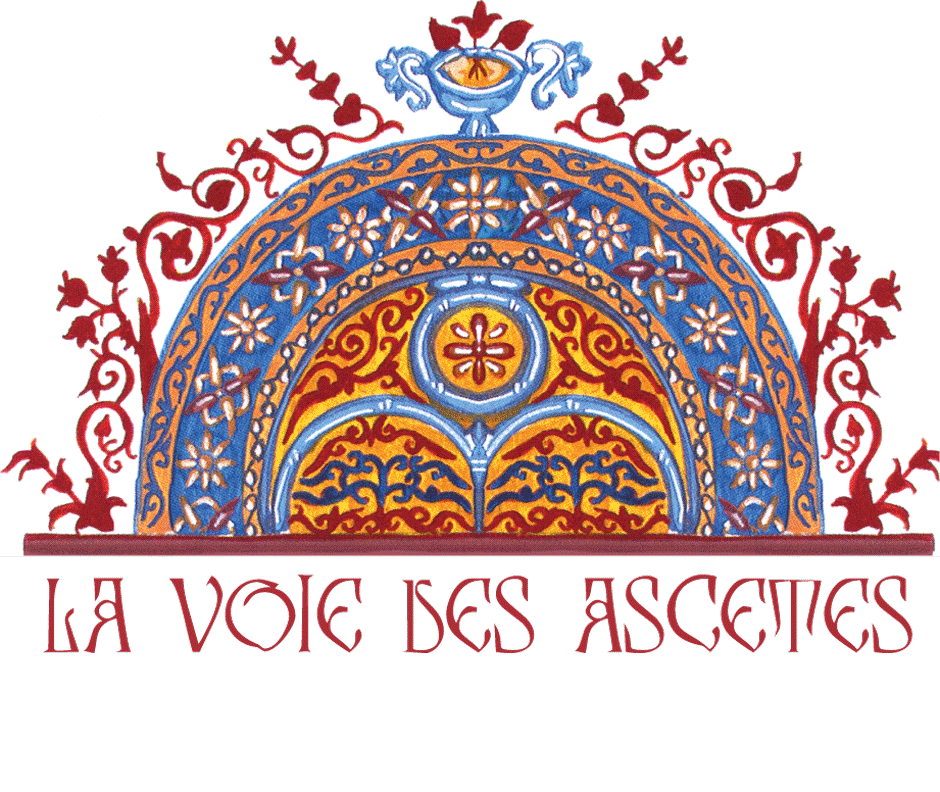
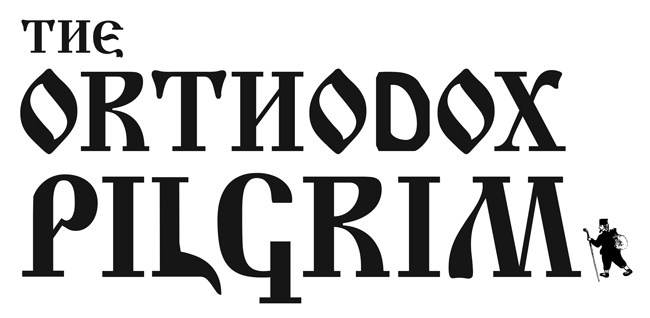
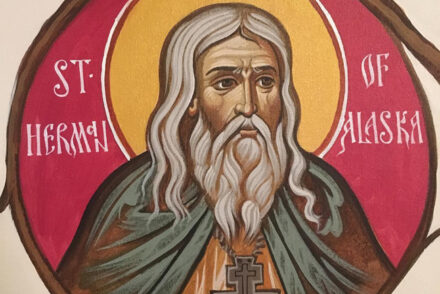

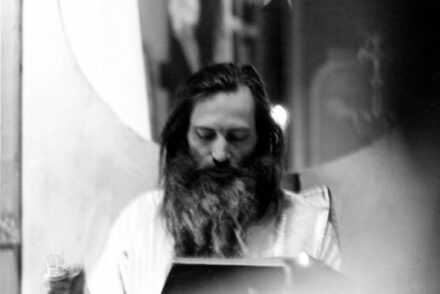
Pas de commentaire